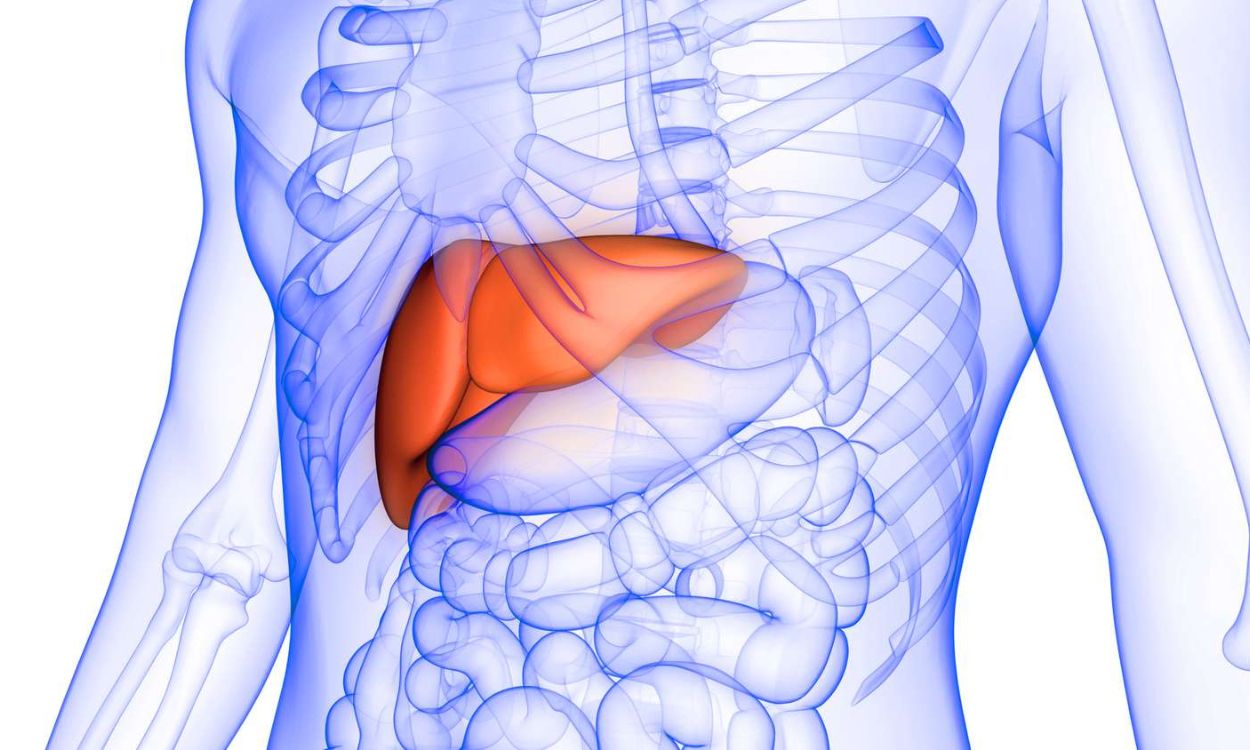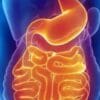Can Fatty Liver Affect the Digestive System?
Unveiling the Impact of a Silent Condition
Fatty liver disease, often regarded as a silent condition, can have far-reaching effects on the digestive system over time. Characterized by an accumulation of fat in liver cells, fatty liver can lead to inflammation and damage that may extend beyond the liver itself, potentially affecting the body’s overall digestive health.
The Digestive System: A Brief Overview
The digestive system is a complex network of organs responsible for breaking down food, absorbing nutrients, and expelling waste. When one part of this system is compromised, it can lead to a cascade of issues affecting the entire digestive process.
How Fatty Liver Interferes with Digestion
1. Reduced Liver Functionality: The liver plays a crucial role in processing nutrients and toxins. Fatty liver can impair liver function, leading to a decreased ability to metabolize nutrients and manage waste products effectively.
2. Bile Production and Flow: The liver produces bile, which is essential for the digestion and absorption of fats. When the liver is fatty, bile production can be reduced or its flow obstructed, leading to digestive discomfort such as bloating and indigestion.
3. Inflammation and Scarring: Persistent fatty liver can lead to inflammation, which may progress to liver scarring (cirrhosis). This scarring can restrict blood flow through the liver and affect its function, further complicating digestion and nutrient absorption.
4. Hormonal Imbalances: The liver is involved in regulating various hormones. A fatty liver can disrupt hormonal balance, which can indirectly affect digestive processes and appetite regulation.
5. Impact on Other Organs: Fatty liver can also impact nearby organs such as the pancreas. A compromised pancreas can result in insufficient enzyme production, further hindering digestion.
Managing Fatty Liver for Better Digestive Health
Addressing fatty liver disease can significantly improve digestive health. Lifestyle modifications such as a balanced diet rich in fiber, regular exercise, and weight management are key strategies. Avoiding excessive alcohol intake and addressing underlying conditions like diabetes or high cholesterol can also be beneficial.
Transitioning to Better Health with Fitpaa
Unlock Your Health Potential with Fitpaa
At Fitpaa, we understand the complexities of managing conditions like fatty liver and their impact on your overall well-being. Our mission is to support you in achieving optimal health through personalized, science-backed strategies.
How Fitpaa Can Help
1. Metabolism Assessment: Begin your journey with a comprehensive metabolism assessment to identify the root causes of your health condition.
2. Personalized Fitpaa Capsule: Receive a tailor-made health plan encompassing nutrition, exercise, and behavioral therapy, designed to optimize your metabolism and support liver health.
3. Ongoing Support and Monitoring: Benefit from real-time guidance and regular assessments by our team of fitness professionals, ensuring you stay on track towards your health goals.
4. Experience a Healthier You: With Fitpaa, you’re not just following a health plan; you’re joining a community committed to transforming lives and achieving lifelong health and fitness.
Download the Fitpaa App
Take the first step towards a healthier lifestyle today. Download the Fitpaa app to access your personalized health plan, track your progress, and connect with experts dedicated to your well-being. Your journey to better health is just a click away.
Join thousands who have transformed their lives with Fitpaa. Experience the joy of achieving your health goals with a 100% guarantee. Download the app now and start your journey towards a healthier, happier you.











